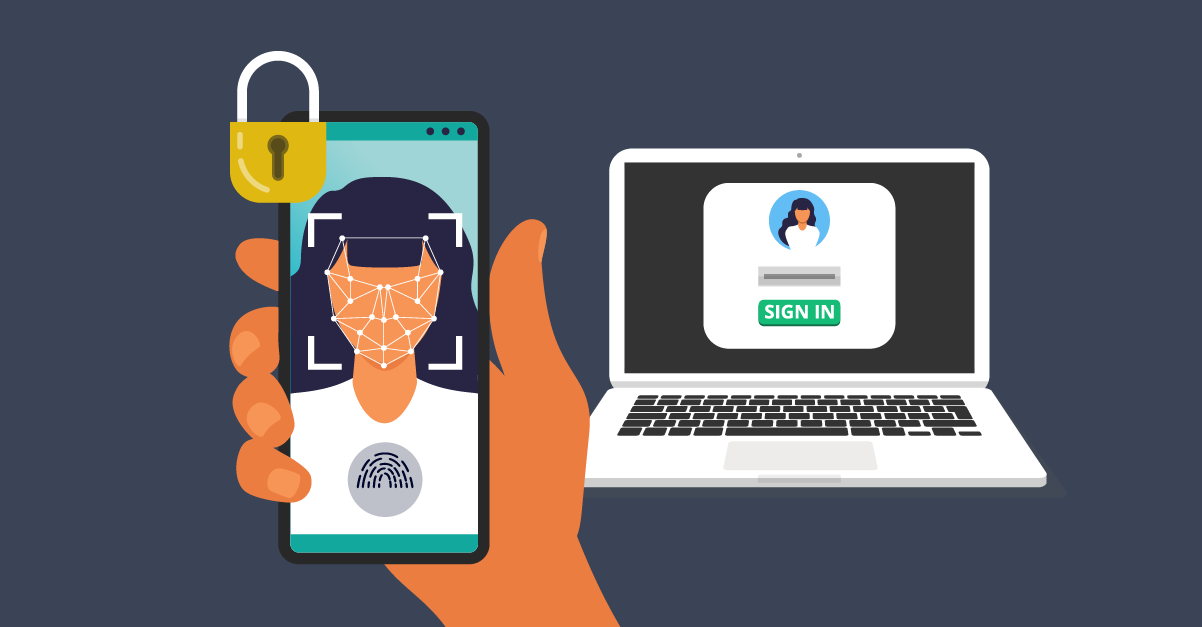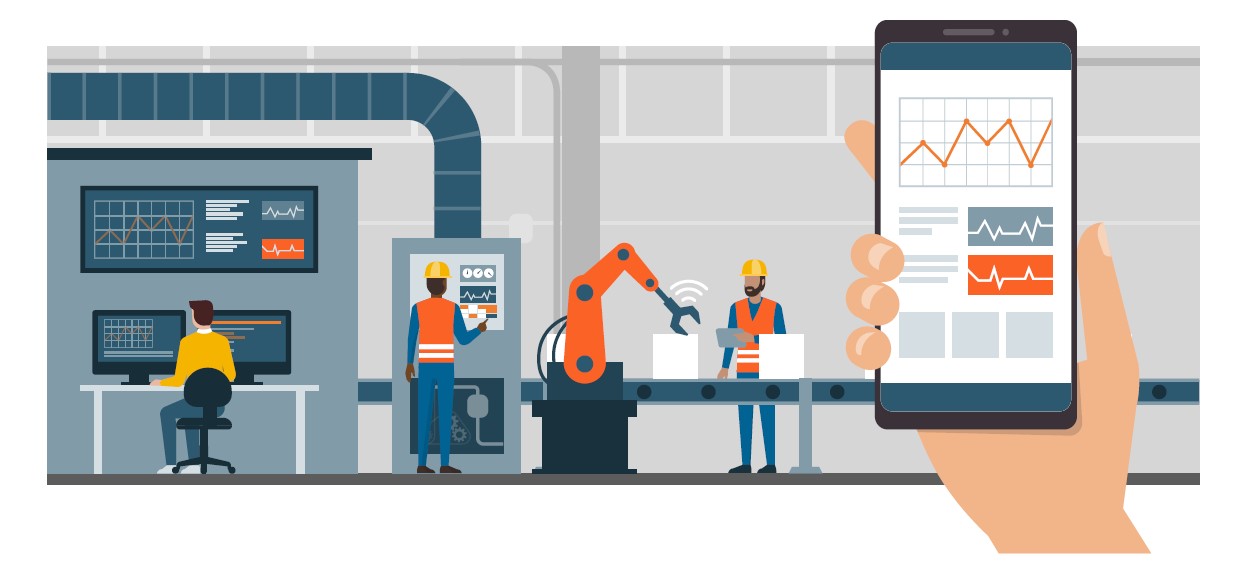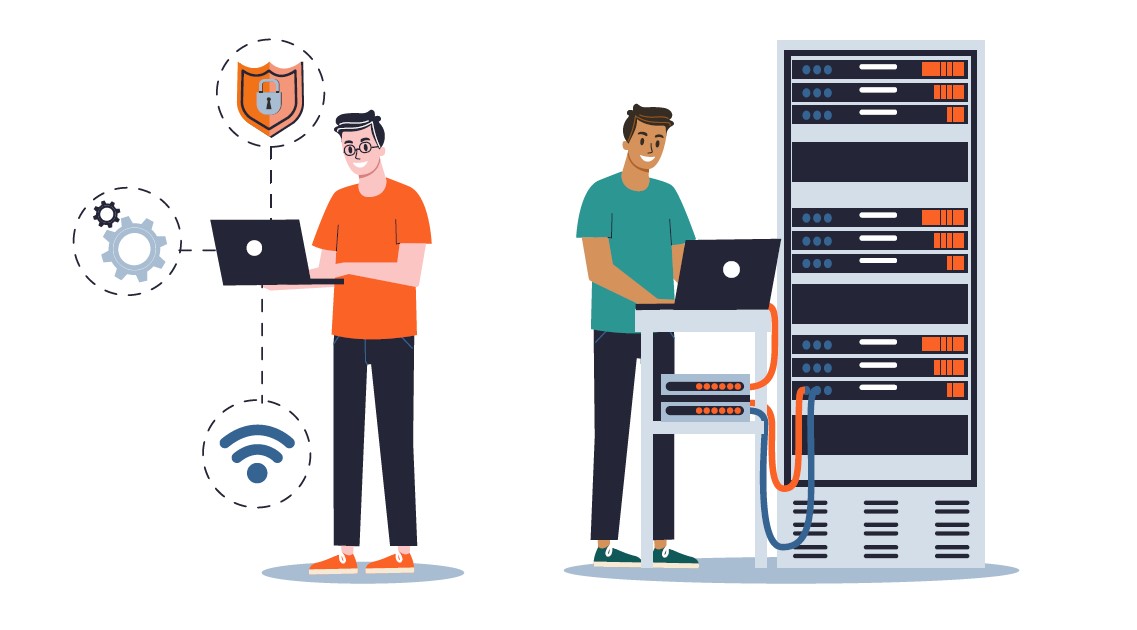Both consumers and employees frequently need to log-on to digital systems, quickly and securely. There is already widespread agreement that today’s method of allowing people to prove ‘they are who they say they are’, the humble password, does more harm than good.
In addition to passwords being hard to remember, offering a poor user experience and requiring significant help desk support for resets, they simply aren’t secure. In fact, passwords are the root cause enabler for the majority of today’s most common cyber security attacks.
The answer is to move beyond passwords. By moving from passwords to quick and easy biometric authentication; security, efficiency and user experience can all be enhanced.





